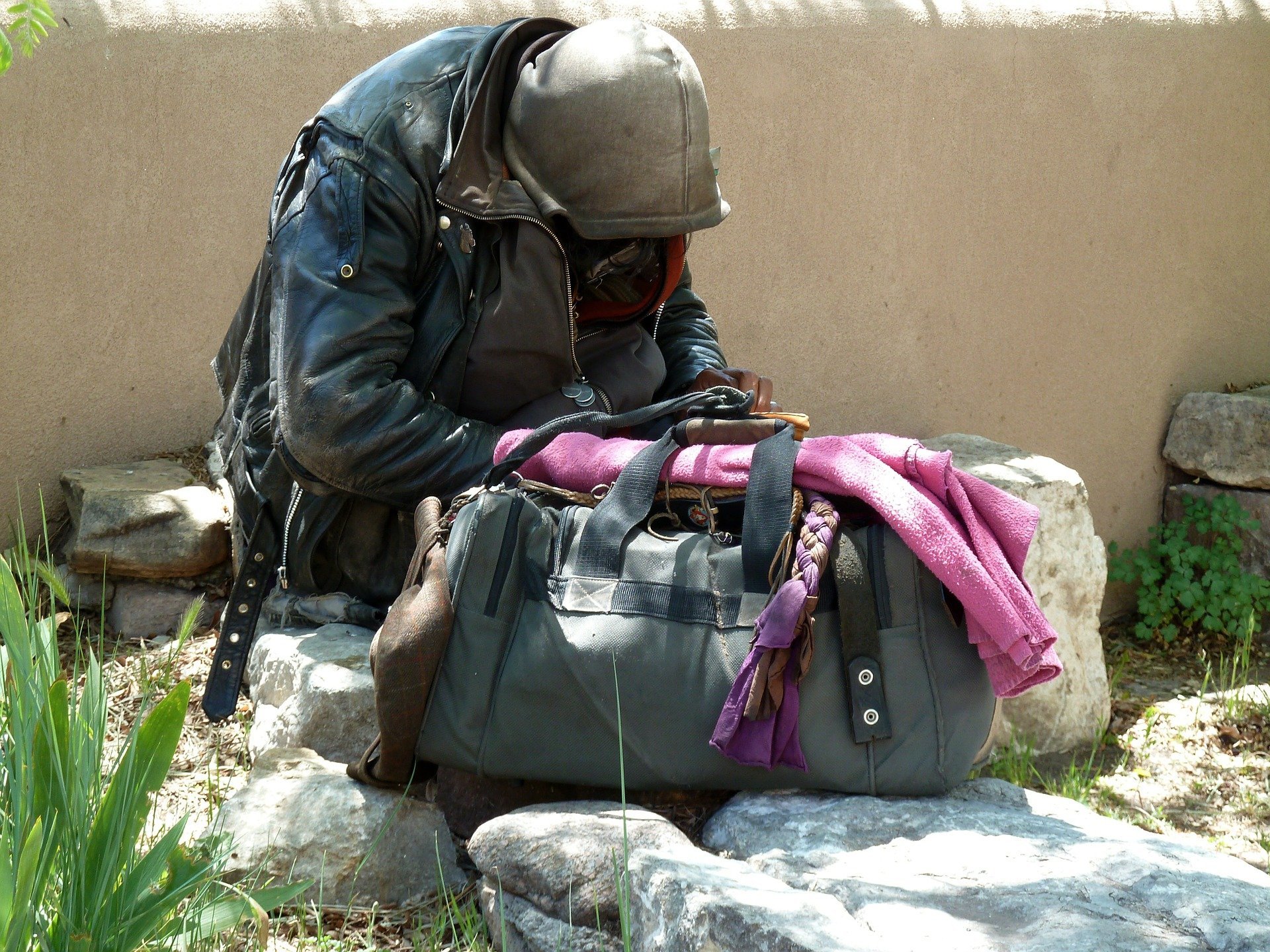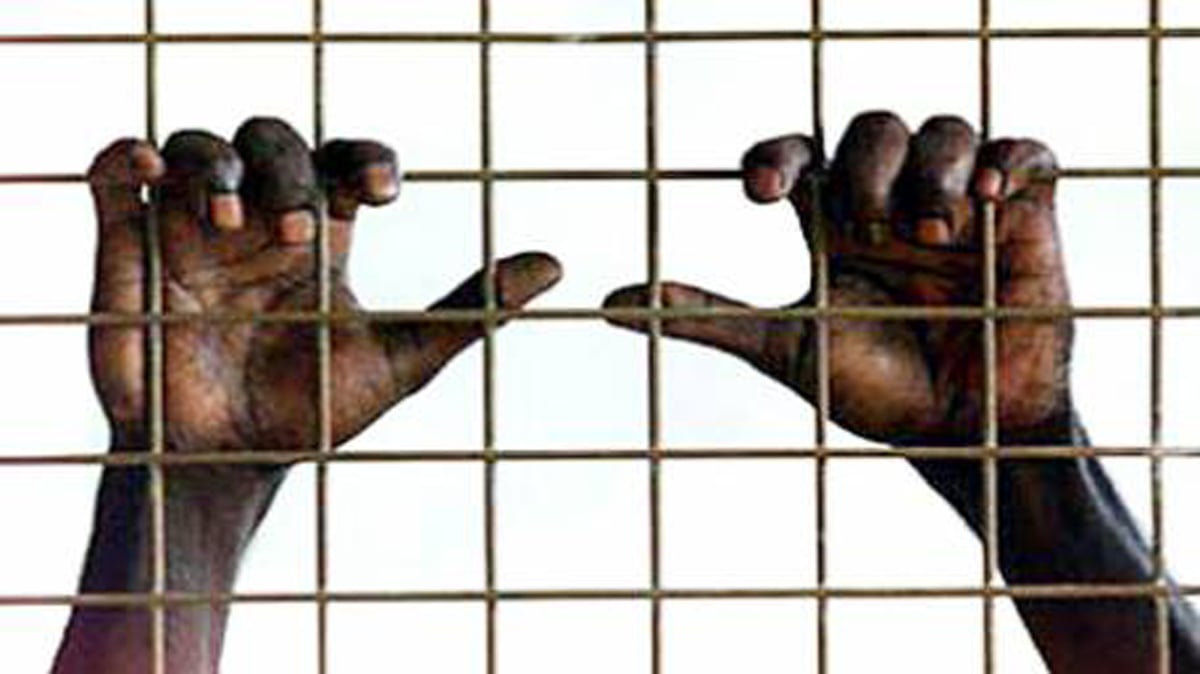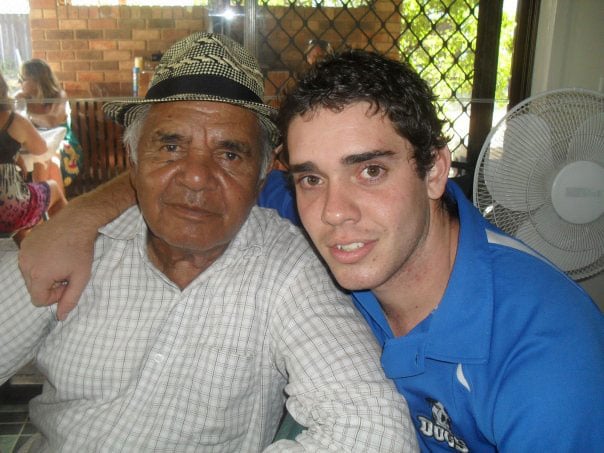
♦ Budgeram means story in Bundjalung language.
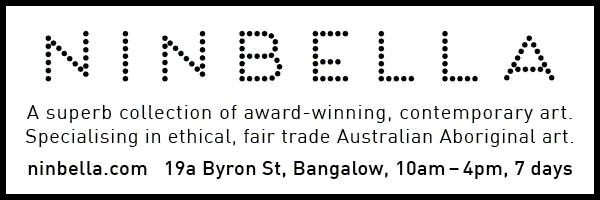
Belle Budden
Doing the right thing. Staying home. Saving lives. But what if you’re not home. What if you are living off country as it’s too expensive to go home, or there is no work at home. What if you have no home? What if on top of all the hardships and reduction of liberties you are locked out of home due to historic or economic impacts of genocide?
Sea Changers and Tree Changers have priced Bundjalung people and most Aboriginal people off country in places like the Byron Shire by pushing rental prices up to unachievable prices.
Many locals complain of the lack of affordable housing, well this is compounded for Aboriginal people when you add the barriers created by systematic, systemic and straight up racism. Yet due to cultural and family responsibilities and through all the barriers Aboriginal people are still here living in this most affluent of communities.
Aboriginal housing is a maze of complex processes to navigate
Aboriginal housing in the Byron Shire is a maze of complex processes to navigate; a system which even the community service leaders do not understand. One Bundjalung Uncle referred to the Aboriginal Housing crisis in a community service forum in 2017 as the ’next wave of dispossession‘ forcing Bundjalung people off country.
COVID-19 is a massive threat to Aboriginal people on the far north coast of NSW with 49 per cent of our community being identified in the high-risk category.
In the Byron Shire there is no government funding for community or health services for Aboriginal people
In the Byron Shire there is no government funding for community or health services for Aboriginal people. Some organisations that sit outside our community have Byron Shire Aboriginal and Torres Strait Islander people in their ’service funding footprint‘ but how do they engage with us, how do we know where they are? Our community has been underserviced for so long that the local mob don’t even try to access services like the Federally funded ’Close The Gap‘ health scheme because, it is so difficult to work out how to access them and the associated supports for chronic illness.
Social isolation for Aboriginal and Torres Strait Islander people is not only difficult, its against our cultural framework and the people we need to isolate the most are our Elders and community leaders.
Aboriginal elders hold the key to knowledge
Aboriginal elders hold the key to the knowledge of our language, our culture, our medicine and our relationship to country. Our elders guide us in walking the two worlds we now live in, without their wisdom we are lost. COVID-19 represents an enormous threat to the survival of our elders which has left our communities gripped by the fear of this enormous loss.
In addition to this our region has been identified as having 49 per cent of our people in the high-risk category and the Byron Shire has been identified as being at risk of becoming a COVID-19 hotspot.
Indigenous Australians are no strangers to hardship or challenge, we have had our freedoms removed, reinstated, and controlled for generations
Indigenous Australians are no strangers to hardship or challenge, we have had our freedoms removed, reinstated, and controlled for generations. There have been strict lockdowns and controls before and Indigenous Australians survived through caring for one another, through strength in our community. Although in 2020 we must all practice physical distancing, we need to come together as a community to protect the most vulnerable as we remember our connection.
Across the nation Aboriginal and Torres Strait Islander communities are banding together to protect the most vulnerable in our communities led by Aboriginal Health and Community organisations. Byron Shire does not have any of those community services, so who is responsible for ensuring our mob have access to medications, food, sanitation, information, who is keeping our mob safe during COVID-19? Who is receiving the government funding for this service delivery and who is holding those services into account for their inaction?
The local Indigenous community needs support
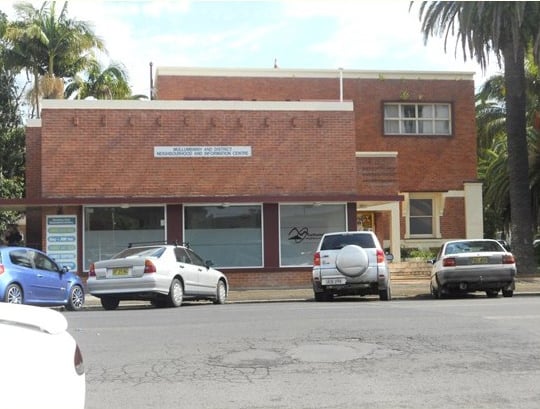
The local Indigenous community have been asking these questions for far too long with no answers. Now, more than ever, it is evident that the Byron Shire Aboriginal and Torres Strait Islander community needs dedicated social, health, and community-focused service delivery that can support the Aboriginal community in Byron Shire to access essential medications, prescriptions, legal and financial information, housing and emergency services.
The Mullumbimby and District Neighbourhood Centre remains open during the COVID-19 crisis they are providing a phone (6684 1286) and collect system for food and other essential items that are needed for all in the community.

Author
Belle Arnold is a local dubay of Wakka Wakka descent. ‘Living off country I pay my respect to the Arakwal people and the wider Bundjalung people of this land,’ says Belle.
Belle has worked in community for 15 years, Belle is an artist, dancer and weaver working across many other mediums. Belle is passionate about community and has committed to empowering women and young people through cultural practice. She has worked in government, arts and community organisation to advocate for improved access to land, culture and services. Belle is currently employed at Desert Pea Media as the Projects Manager.
More Storylines articles
Invasion Day – time to create unity through recognition and justice
As 26 January approaches our communities are once more gripped by polarised views of the date.
If not now then when?
In 1901, when Australia’s Constitution was originally determined, there was no direct mention of First Nations people. In fact, it was designed to deliberately exclude us.
The moment we can change the course of history
For decades, Aboriginal and Torres Strait Islander people have been campaigning for change to the current political system in Australia. Many incremental changes have led us to this moment in history...
Storylines – The Voice, it’s time
For generations, First Nations people have consistently and persistently pointed to self-determination as being essential in making meaningful difference in the lives of our people.
Storylines – Upcycle the festive season
♦ Budgeram means story in Bundjalung language. Here comes Christmas, the festive season; the year is drawing to a close and we put the icing on the year with the biggest celebration in our collective calendar. For many it’s a problematic time...
Storylines – Boomalli Aboriginal Artists Co-operative
♦ Budgeram means story in Bundjalung language. Thirty-five years ago, ten Aboriginal artists gathered to create an Aboriginal Artists Co-operative in Sydney, the place of first point of contact with the English in 1788, when Captain Cook proclaimed that the land was...
Storylines – Belonging places
Belonging is a feeling of security and support we experience when we experience a sense of acceptance and inclusion in community. Belonging is a sense of being connected to something greater
Storylines – Working with mob
Many are asking ‘who do I talk to?’ if I want to work with mob? Taking the time to yarn, engage and build relationships is key.
Storylines – The Voice of the voiceless
My grandfather would often tell me a story. A story about a community. This community was self-sufficient, self-reliant, and self-determining of their own lives.
Storylines – Returning to old ways of housing
Kinship and Country obligations for mob resulted in bands, or groups of families living together and sharing everyday life, prior to colonisation.


